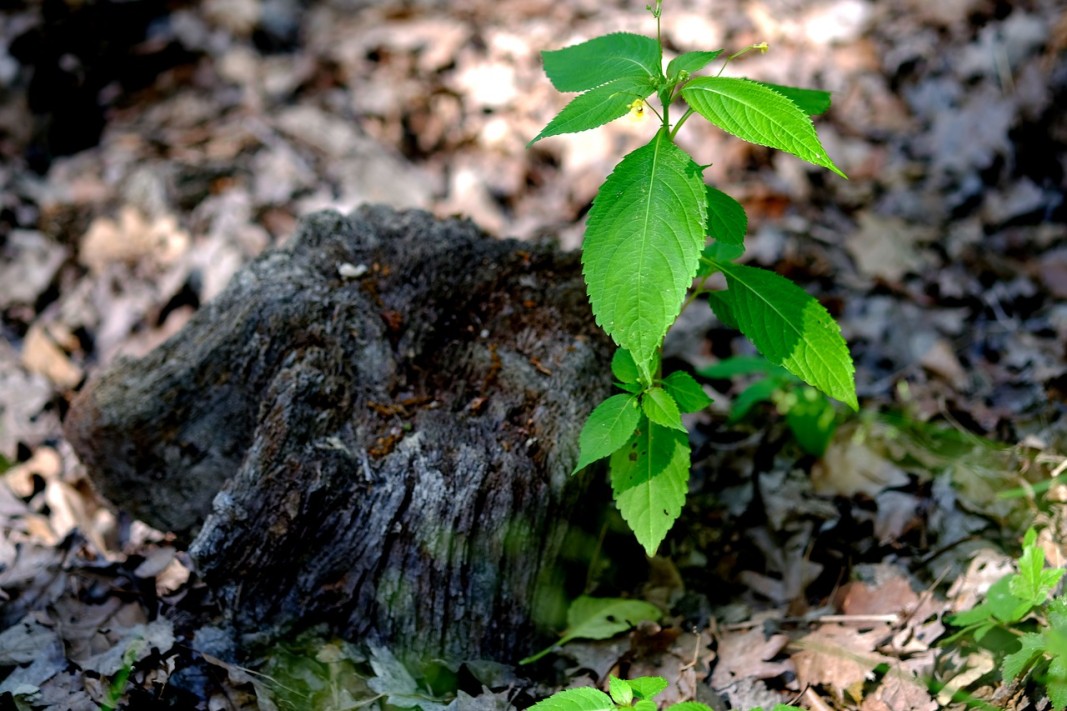2-3 millennia ago over 80% of Bulgaria’s territory was covered by forests. Over the years, this vast forest was gradually logged and turned into agricultural land and pastures. Thus, at the beginning of the 20th century, only 15% to 20% of this country’s territory was covered by forests. Thanks to voluntary work, the efforts of foresters and annual afforestation, forests are gradually being restored.

Nowadays, and especially in the last 30 years, millions of hectares of abandoned agricultural lands have turned into forest areas. This is about one tenth of the total forest area. However, it is threatened by deforestation, because landowners have the opportunities to receive EU subsidies.

"More and more landowners and tenants of municipal agricultural land think that this is a big chance to earn easy money," forest policy expert Alexander Dunchev told BNR. "They just clear self-afforested pastures and fields and get some quick money, which, however, leads to the destruction of these self-afforested areas in an unaccountable and illegal manner."
Lands are often abandoned because they are not suitable for cultivation. Self-afforestated areas are logged, but they are not used as pastures or for planting crops later ... According to the current Forestry Act, these lands become forest areas if their owners give a permission for these areas to be placed into another land category. If owners want to use them as agricultural land, they are given three years to clean and prepare them for this purpose. If they fail to do so, their status changes automatically. In practice, it turns out that the state encourages the logging of these self-afforested forests. Sometimes owners clean illegally their land the way they want without notifying the responsible institutions. The state needs to find a balance between the interest of the owner and the public interest,in order to stop this logging.

The expert assessment on which agricultural territory must be preserved as such and which should become a forest is also very important:
"Currently, the wounds of nature are being healed by self-afforestations of abandoned agricultural land. The question is what to do with these forests which cover a large territory. Should we log them to receive subsidies for bare pastures, quite often on eroded terrains, or look for financial incentives for their protection. By increasing the forest cover we fulfill the global targets aimed at preserving water resources and mitigating climate changes."

English version: Kostadin Atanasov
Photos: Pixabay, library, Ani Petrova
The eagerly-awaited Tulip Parade at the University Botanical Garden in Balchik is at its peak. This year’s parade includes more than 45,000 bulbs, and 27 varieties that are new to the Garden, among them Tulipa "Carnaval de Nice, which combines..
In 2024, Bulgaria has 15,737 foreign students, making up 8.6% of all current students in the country. By comparison, this share has doubled over the past decade. This data comes from NACID , updated annually in the Bulgarian University Ranking..
Divers will clean the seabed around the port of Sozopol today, reports BTA. "Since 2018, we have been doing the cleaning, completely voluntarily, with our own resources, with the idea of doing something useful for everyone," said Nayden Nedev, diving..
For 100 years, foresters in Bulgaria have been organizing Forest Week. A concert entitled “A century of eternity” on 7 April will give the official..
President Rumen Radev will today attend the opening ceremony of Forest Week in front of St Alexander Nevsky Cathedral. The theme of this year's..
Every Bulgarian school abroad has its own story, and that of the Rodna Stryaha Bulgarian school in Cyprus began in 2015. Its foundations are built on..

+359 2 9336 661
